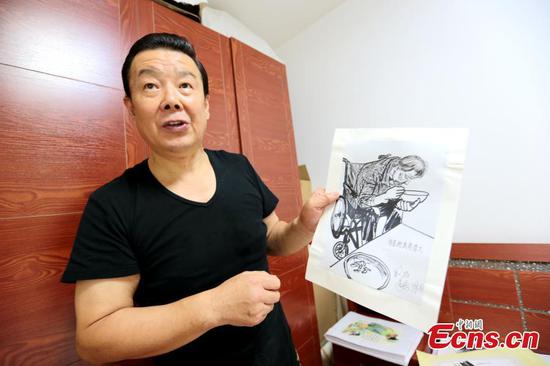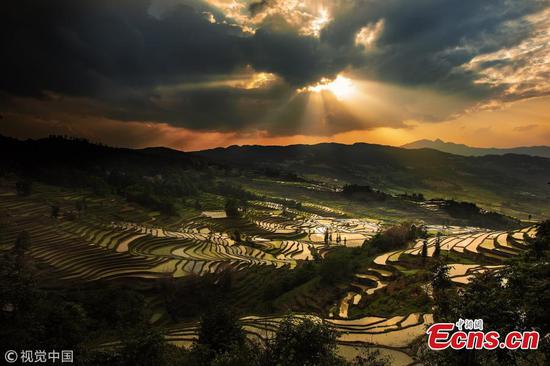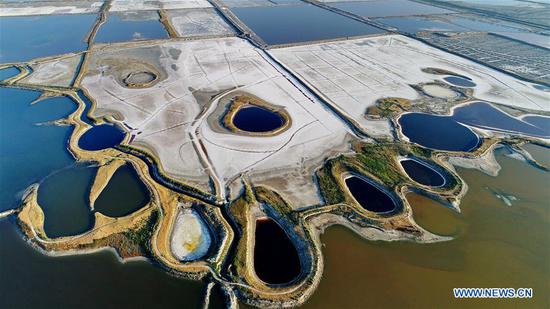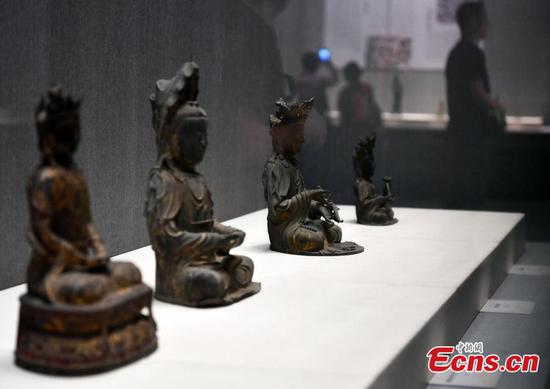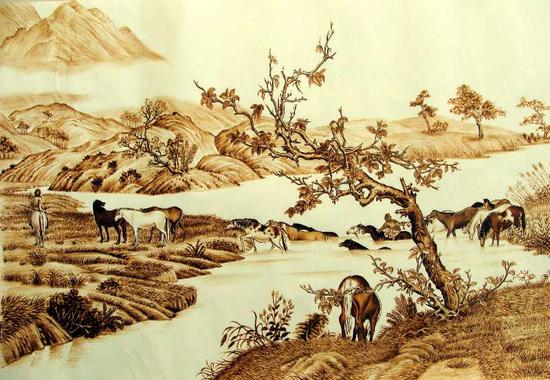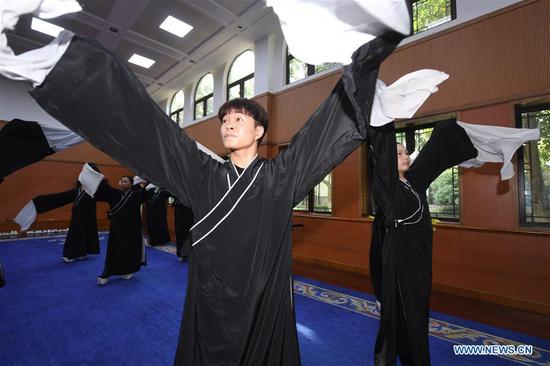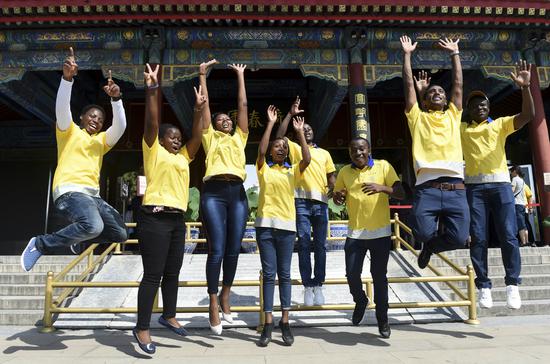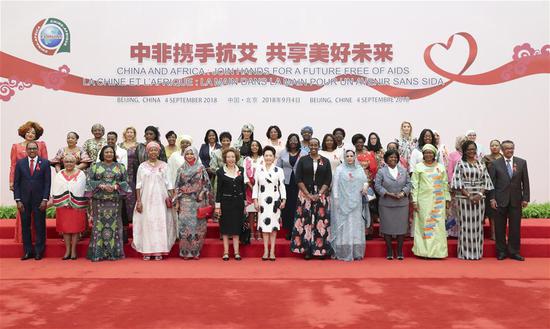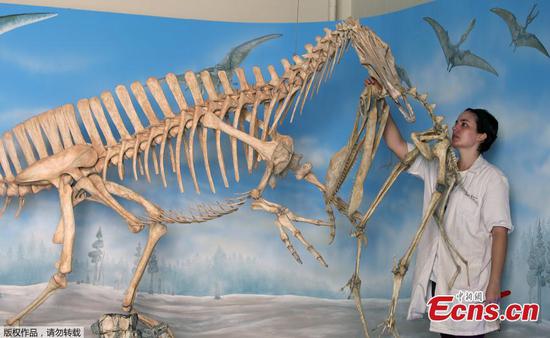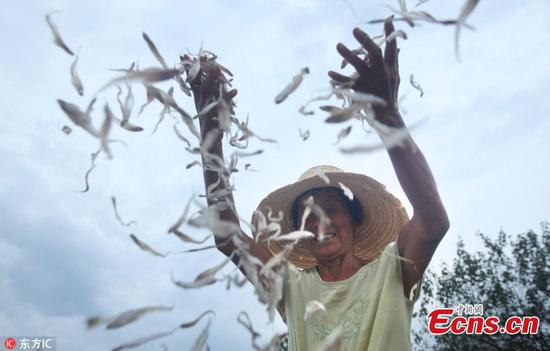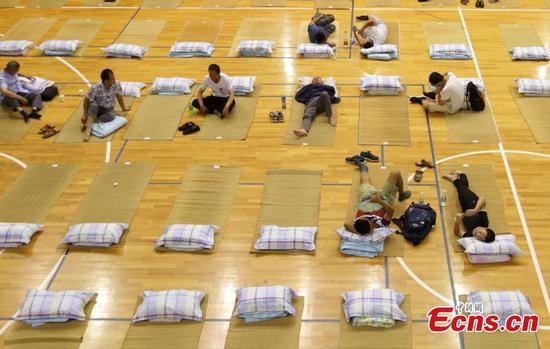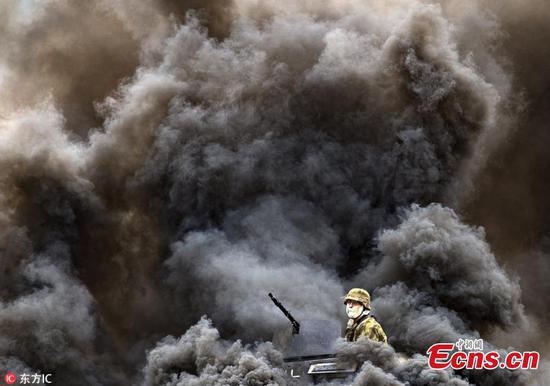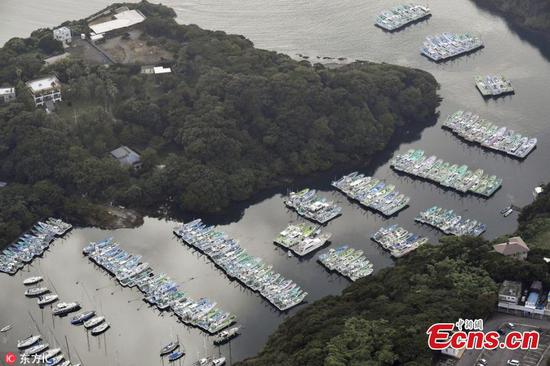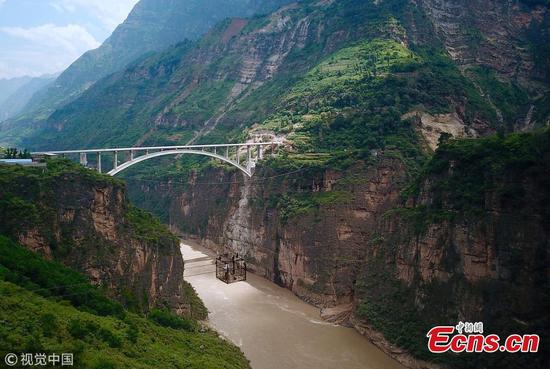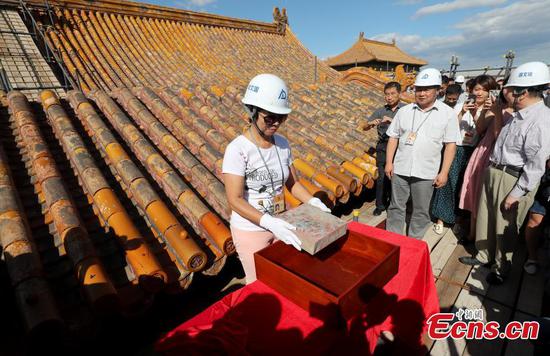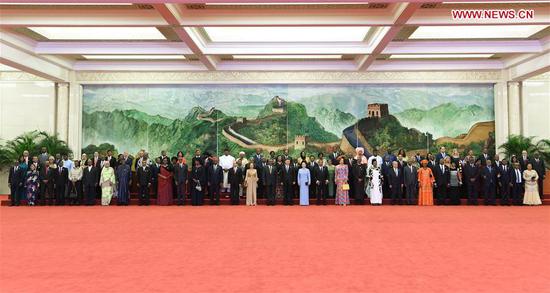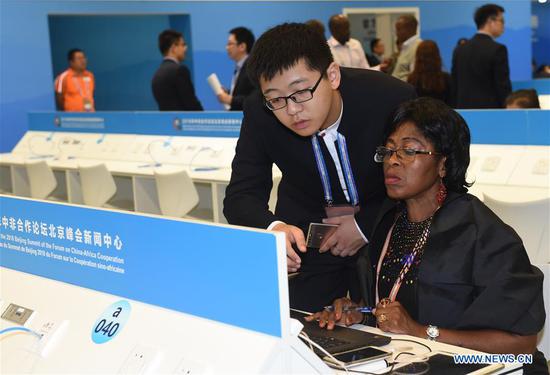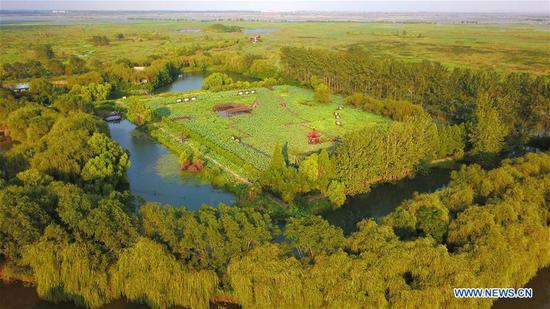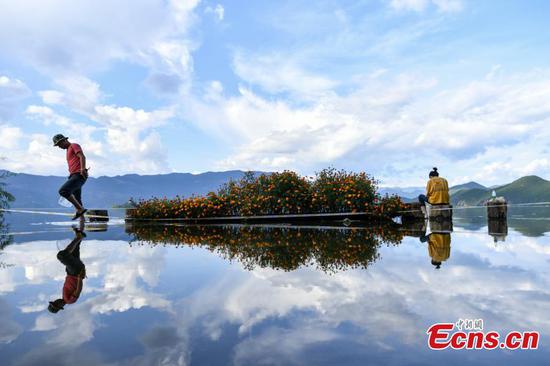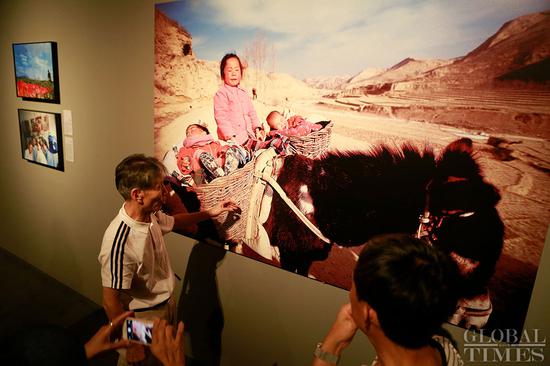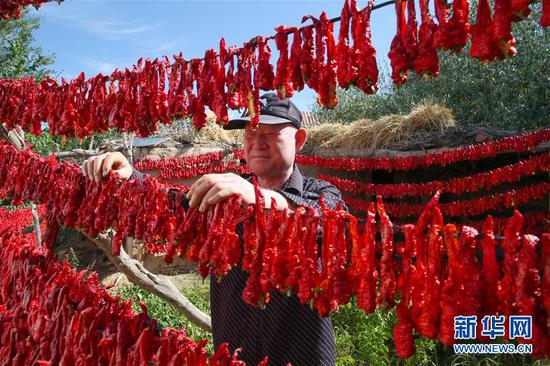China's funds for Africa support industrialization, value-chain integration: analysts
A special fund for financing imports from Africa worth $5 billion and another for development financing worth $10 billion will accelerate the industrialization of African countries and reduce their trade deficits with China as well as help them to integrate into the global value chain, experts said on Tuesday.
China will extend a total of $60 billion of financing to Africa, Chinese President Xi Jinping announced Monday at the opening ceremony of the 2018 Beijing Summit of the Forum on China-Africa Cooperation, the Xinhua News Agency said.
The financing includes the development fund and the import-finance fund, Xinhua noted.
Trade between China and Africa grew 14.1 percent year-on-year to $170 billion in 2017, and China recorded a $19.48 billion trade surplus, according to the data published on the website of the Ministry of Commerce (MOFCOM) in January.
Considering the target of $200 billion in bilateral trade, the special fund is necessary to bridge the gap, Yao Jiamei, a research fellow with the institute of West-Asian and African Studies of the Chinese Academy of Social Sciences, told the Global Times.
"China's major imports from Africa include energy and commodities, which have been affected by international price volatility in recent years," she said.
After 20 years of cooperation, Africa now has a trade deficit with China and exports concentrated on natural resources, French financial firm Coface said in a report released in November 2017.
The slowdown in the Chinese economy and reorientation of its growth model toward private consumption has also weighed on the demand for commodities from Africa, the report showed.
"With the help of the special fund, China will increase imports of non-natural resource products from Africa - for example, by buying more value-added products to help narrow Africa's trade deficit," Yao said.
China has been increasing imports from the African market in recent years, and 33 less-developed countries on the continent enjoyed tariff-free entry for 97 percent of sales to China, Qian Keming, vice minister of commerce, told a press conference on August 28.
African countries have seen rapid growth in some exports to China including fruit, seafood, coffee and cotton, the official said.
The special fund for financing imports will also help African countries to integrate into the global value chain, as more Chinese companies supported by the financing arrangement could build industrial parks and trade zones in the region, according to experts.
"Chinese factories could process some natural resources in Africa before exporting value-added products to China or other markets - a major way of boosting industrialization in the region," Zhang Jianping, director general of the Institute of West Asia and Africa under the MOFCOM, told the Global Times.
In addition to commodities, Africa has great potential in agricultural exports, and some of its products such as oilseed crops and cotton could enter the Chinese market in the future, he noted. "Ongoing trade tension between China and US might have forced us to look for replacements in agricultural imports. However, African countries need to upgrade their agricultural technologies to meet this demand," he said.
Both special funds will be likely operated by China's major policy banks - the Export-Import Bank of China and China Development Bank - experts noted.
Special fund for development financing aims to support companies in specific projects such as mining and railways under the management of Chinese policy banks, Zhang noted.
"Some infrastructure projects have long life spans, and local economic conditions may weigh on project profitability," he said, noting that any problems related to a handful of problematic projects could not be construed as a "debt trap" caused by Chinese loans.









